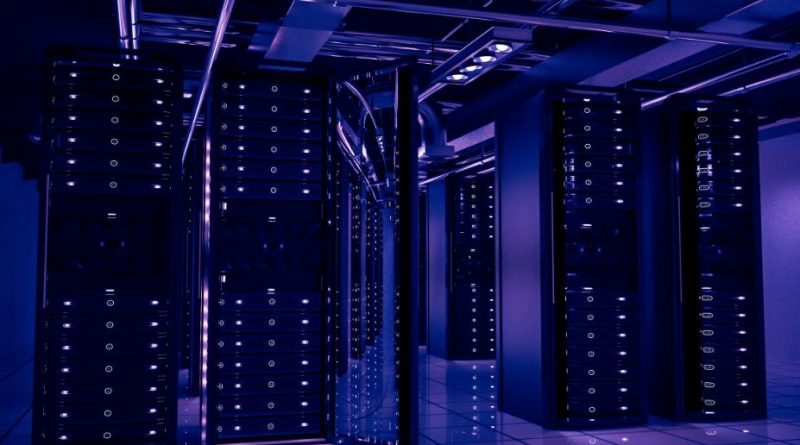Data Center Certifications: What You Need to Know
Data centers are the backbone of today’s digital world, serving as the central hub for storing, processing, and managing vast amounts of data. As such, it is essential that these facilities maintain a high level of efficiency, security, and reliability to ensure the smooth operation of the businesses and organizations they support. One way to ensure that a data center is meeting these standards is through the use of certifications.
In this blog post, we will take a deep dive into the world of data center certifications, exploring the different types of certifications available, the benefits of obtaining them, and the steps involved in the certification process.
Types of Data Center Certifications
There are several different types of data center certifications that organizations can pursue, each with its own set of standards and requirements. Some of the most common data center certifications include:
- Tier Certification: The most widely recognized data center certification is the Tier Classification System, developed by the Uptime Institute. This system consists of four tiers (Tier 1, Tier 2, Tier 3, and Tier 4) that represent increasing levels of redundancy and fault tolerance. Data centers that meet the requirements for a particular tier are considered to be more reliable and robust than those that do not.
- Energy Star Certification: The Energy Star program, run by the Environmental Protection Agency (EPA), is a voluntary labeling program that helps businesses and organizations save money and protect the environment through the use of energy-efficient products and practices. Data centers that meet the Energy Star certification requirements are considered to be energy-efficient and environmentally responsible.
- LEED Certification: The Leadership in Energy and Environmental Design (LEED) program, developed by the U.S. Green Building Council (USGBC), is a rating system for buildings that promotes sustainability and energy efficiency. Data centers that meet the LEED certification requirements are considered to be green and environmentally friendly.
- PCI DSS Certification: The Payment Card Industry Data Security Standard (PCI DSS) is a set of security standards designed to ensure that all companies that accept, process, store, or transmit credit card information maintain a secure environment. Data centers that handle sensitive financial data may need to obtain PCI DSS certification to demonstrate their compliance with these security standards.
Benefits of Obtaining Data Center Certifications
There are several benefits to obtaining data center certifications, including:
- Improved reliability and uptime: Data centers that meet the standards for a particular certification are more likely to be reliable and have a higher uptime. This is especially important for businesses and organizations that rely on data centers to support their operations.
- Enhanced security: Certifications such as PCI DSS and the Tier Classification System have strict security requirements that help ensure the protection of sensitive data. Obtaining these certifications can give businesses and organizations confidence that their data is secure.
- Greater energy efficiency: Certifications like Energy Star and LEED can help data centers save money on energy costs by promoting energy-efficient practices and technologies.
- Improved reputation: Data centers that hold certifications are seen as more reliable and trustworthy, which can enhance the reputation of the businesses and organizations that rely on them.
The Certification Process
The process for obtaining data center certifications varies depending on the specific certification being pursued. However, there are some general steps that are common to most certification processes:
- Determine which certification(s) are relevant to your organization’s needs and goals.
- Review the requirements and criteria for the chosen certification(s).
- Prepare and document your data center’s policies, procedures, and processes to ensure compliance with the certification standards.
- Have your data center undergo an on-site assessment by a certified auditor or assessor.
- Address any areas of non-compliance identified during the assessment.
- Submit a formal application for certification.
- If approved, receive your certification and begin using it to promote your data center’s reliability and credibility.
It’s important to note that data center certifications are not a one-time event. Most certifications require annual or biennial renewals to ensure that the data center continues to meet the necessary standards. This may involve additional assessments and documentation updates.
Obtaining data center certifications can be a time-consuming and complex process, but the benefits are well worth the effort. By demonstrating your commitment to excellence and adhering to industry standards, you can enhance your reputation and give your customers and clients confidence in your services. So, the certification process is essential for every data center.
Overall, data center certifications are an important way for businesses and organizations to ensure that their data centers are efficient, secure, and reliable. By obtaining these certifications, businesses can give their customers and clients confidence in their services and enhance their reputation. If you’re in need of a dedicated server, be sure to choose one that has been certified to meet the highest industry standards. This will give you peace of mind knowing that your data and applications are being hosted in a top-quality facility.

